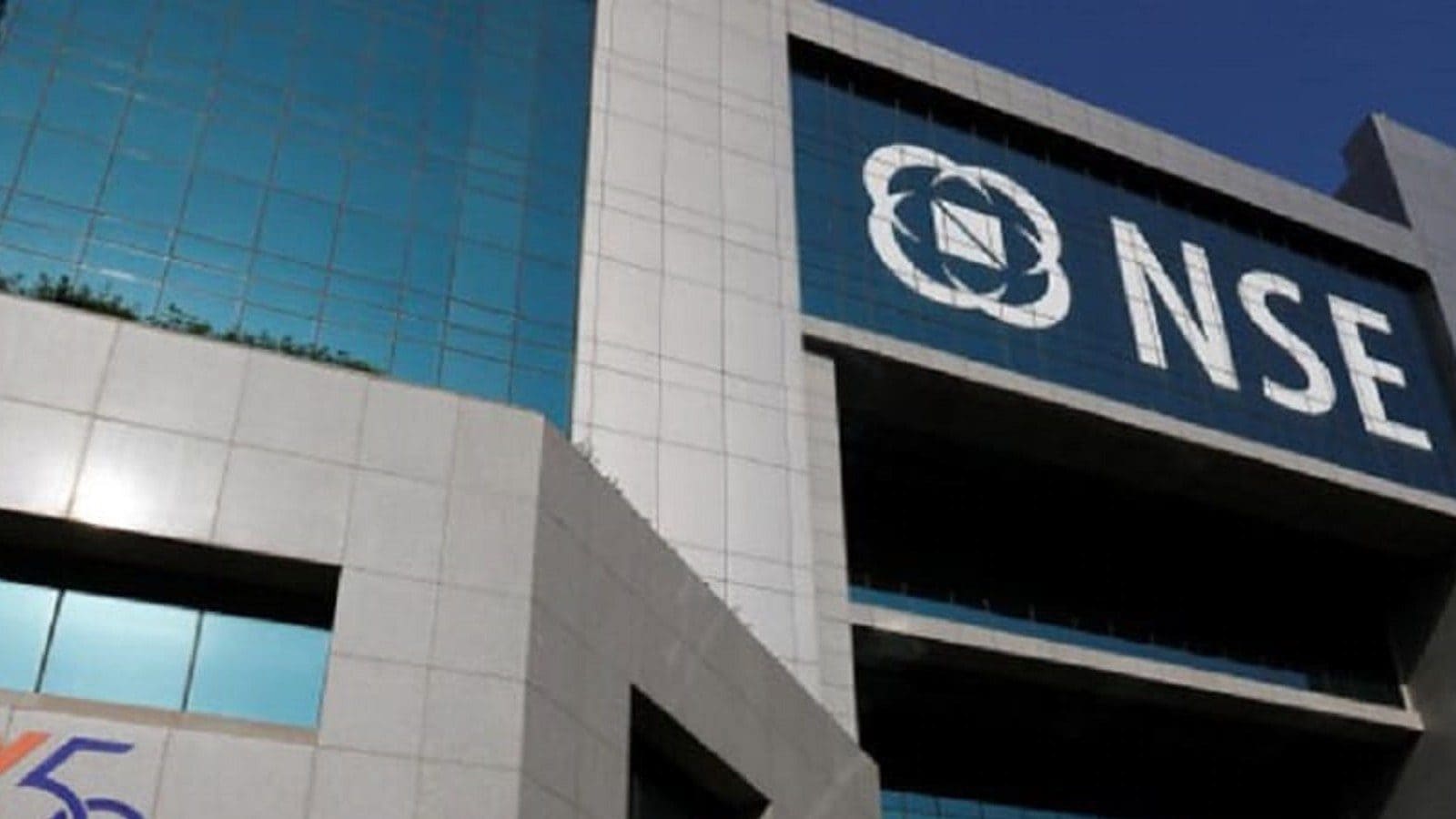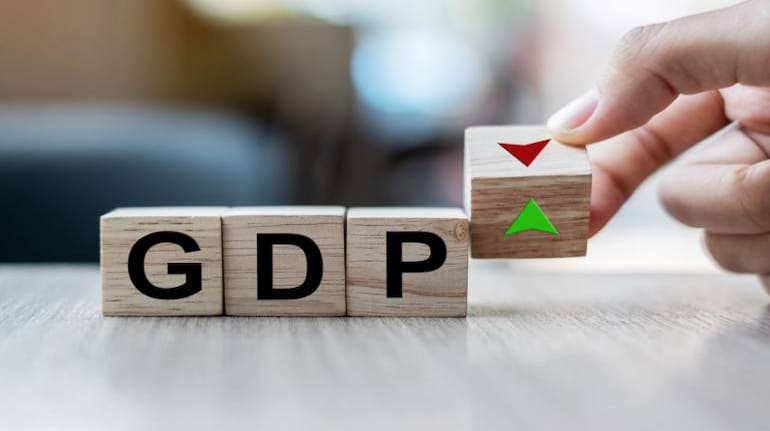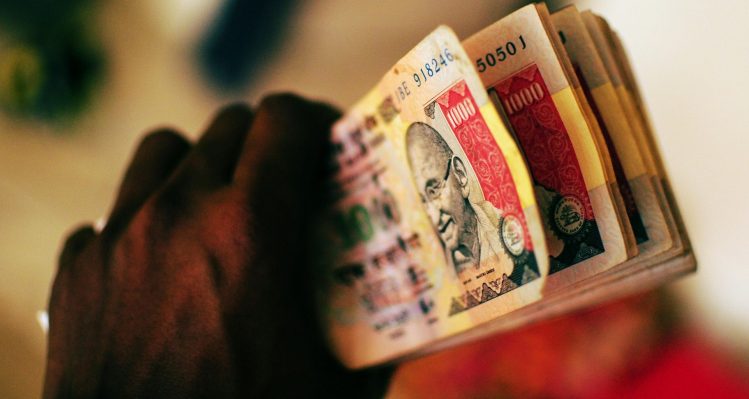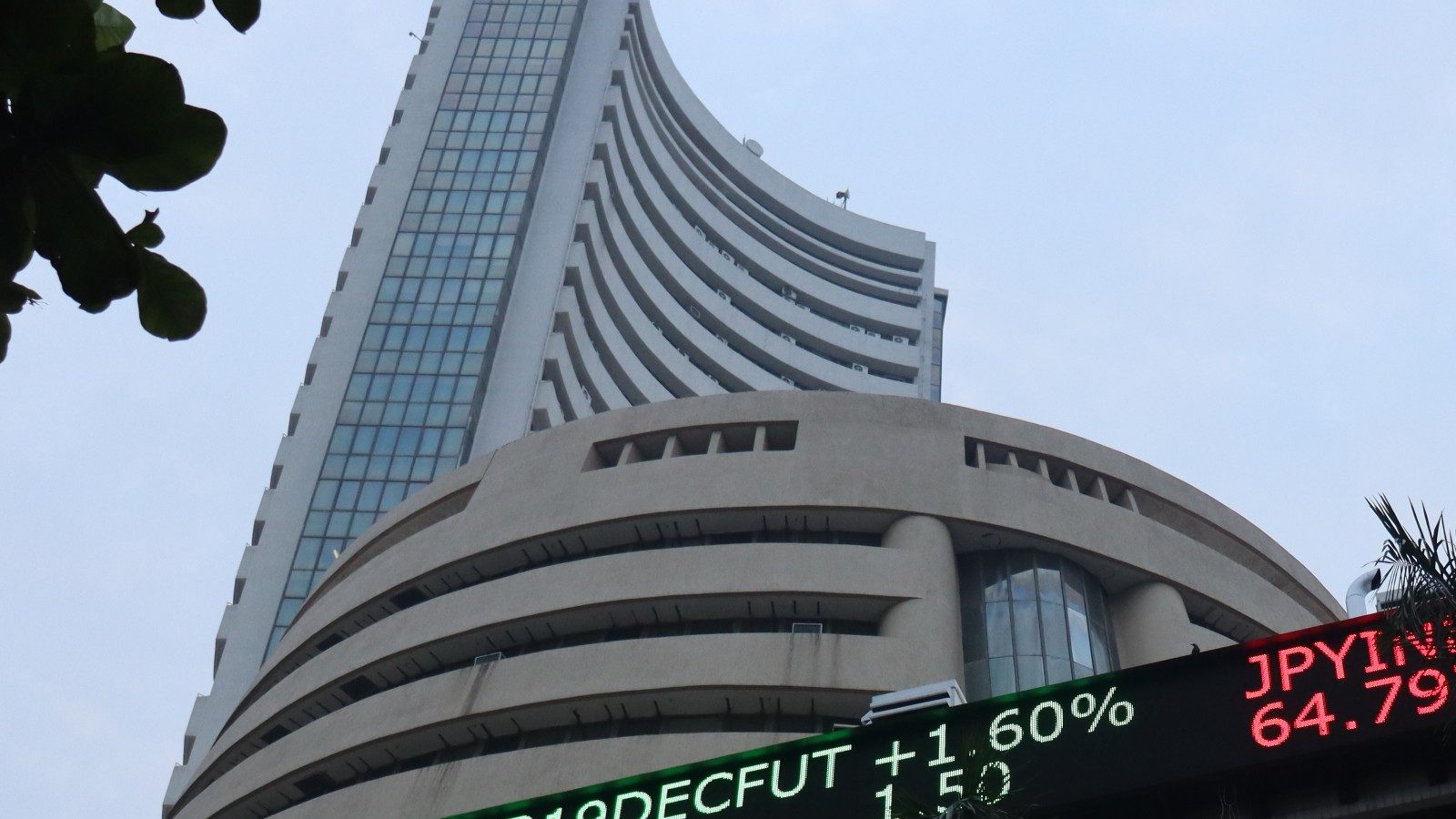AMSTERDAM--(BUSINESS WIRE)--Prosus N.V. ("Prosus"), the global consumer internet group and one of the largest technology investors in the world, announced today that an agreement has been reached between PayU and the shareholders of the Indian digital payments provider BillDesk to acquire BillDesk for US$4.7 billion.
The proposed acquisition will see PayU, the payments and fintech business of Prosus which operates in more than 20 high-growth markets, become one of the leading online payment providers globally by total payment volume (TPV).
PayU focuses on high-growth markets and operates across three distinct businesses:
- Payments for domestic and cross border transactions. For the financial year ended March 2021, PayU reported a strong performance, increasing TPV 51% year-on-year to US$55bn across India, Latin America and EMEA;
- Credit solutions for consumers and small businesses. Licensed in India and distribution agreements in five other markets; and
- Strategic investments in innovative fintech companies. Including Remitly in the US and the building of a full financial services ecosystem in India.
BillDesk, founded in 2000, is an Indian success story and one of the leading payment businesses in the country.
Together, PayU India and BillDesk will be able to meet the changing payments needs of digital consumers, merchants and Government enterprises in India and offer state-of-the-art technology to even more of the excluded sections of society, while adhering to the regulatory environment in India and delivering robust consumer protection.
The transaction, which is subject to approval from the Competition Commission of India, builds on previous successful acquisitions by PayU in India, including CitrusPay, Paysense and Wibmo.
Bob van Dijk, Group CEO of Prosus, said: “We have a long and deep relationship with India, having supported and partnered with some of its most dynamic entrepreneurs and new tech businesses since 2005. We’ve invested close to US$6 billion in Indian tech to date, and this deal will see that increase to more than US$10 billion.
“BillDesk exemplifies the ambition and expertise of Indian entrepreneurs, who are among the best in the world, with exceptional abilities to build products and services and understand scale and value. This is critical in a country as vast as India.
“Our announcement today reflects Prosus’s desire to build valuable, global consumer internet businesses that provide useful products and services for millions of people in their everyday lives. Along with classifieds, food delivery, and education technology, payments and fintech is a core segment for Prosus, and India remains our number one investment destination.”
Laurent Le Moal, CEO of PayU, said: “We believe this transaction will stimulate both innovation and competition within India’s digital payments industry. This will not only help to strengthen India’s digital economy, but also bring financial services to those who may have historically been excluded. This ambition is fully aligned with the Government of India’s vision of ‘Digital India’ and is a key objective for PayU across all the communities we serve globally.
“This deal is an example of how our purpose and our business objectives work together, accelerating growth and increasing access to financial services.”
M N Srinivasu, Co-founder of BillDesk, said: “BillDesk has been a pioneer in driving digital payments in India for well over a decade. This investment by Prosus validates the significant opportunity in India for digital payments that is being propelled by innovation and the progressive regulatory framework put into place by the Reserve Bank of India, India’s central bank.
“BillDesk has always been committed to making payments faster, easier and more secure. We are excited about what the two great teams at BillDesk and PayU can deliver together as a driving force within the evolving digital payments landscape in India.”
According to the FY21 annual report of the Reserve Bank of India (RBI), the number of transactions for digital retail payments has grown by more than 80% from 24 billion in 2018-19 to 44 billion to 2020-21.
Over the next three years, RBI expects more than 200 million new users to adopt digital payments with the average annual transactions per capita rising tenfold from 22 to 220.
PayU India and BillDesk run complementary businesses within India’s digital payment industry. Together, the two expect to create a financial ecosystem handling four billion transactions annually - four times PayU’s current level in India.
About Prosus
Prosus is a global consumer internet group and one of the largest technology investors in the world. Operating and investing globally in markets with long-term growth potential, Prosus builds leading consumer internet companies that empower people and enrich communities.
The group is focused on building meaningful businesses in the online classifieds, food delivery, payments and fintech, and education technology sectors in markets including India, Russia, and Brazil. Through its ventures team, Prosus invests in areas including health, logistics, blockchain, and social commerce. Prosus actively seeks new opportunities to partner with exceptional entrepreneurs who are using technology to improve people’s everyday lives.
Every day, millions of people use the products and services of companies that Prosus has invested in, acquired or built, including 99minutos, Aruna, Avito, Biome Makers, Brainly, BUX, BYJU'S, Bykea, Codecademy, DappRadar, DeHaat, dott, ElasticRun, eMAG, Eruditus, Flink, GoodHabitz, Honor, iFood, Klar, Kovi, LazyPay, letgo, Meesho, Movile, Oda, OLX, PayU, Quick Ride, Red Dot Payment, Remitly, Republic, Shipper, SimilarWeb, Skillsoft, SoloLearn, Swiggy, Udemy, Urban Company and Wolt.
Hundreds of millions of people have made the platforms of Prosus’s associates a part of their daily lives. For listed companies where we have an interest, please see: Tencent, Mail.ru, Trip.com Group Limited, and DeliveryHero.
Today, Prosus companies and associates help improve the lives of around a fifth of the world's population.
Prosus has a primary listing on Euronext Amsterdam (AEX:PRX) and secondary listings on the Johannesburg Stock Exchange (XJSE:PRX) and a2X Markets (PRX.AJ). Prosus is majority-owned by Naspers. For more information, please visit www.prosus.com.

Adblock test (Why?)
Prosus Agrees Acquisition of BillDesk by PayU for US$4.7bn - Business Wire
Read More

 Dear Reader,
Dear Reader,











/cloudfront-us-east-2.images.arcpublishing.com/reuters/KDLGEZKKP5P35AQWM5HV4HAXIA.jpg)

